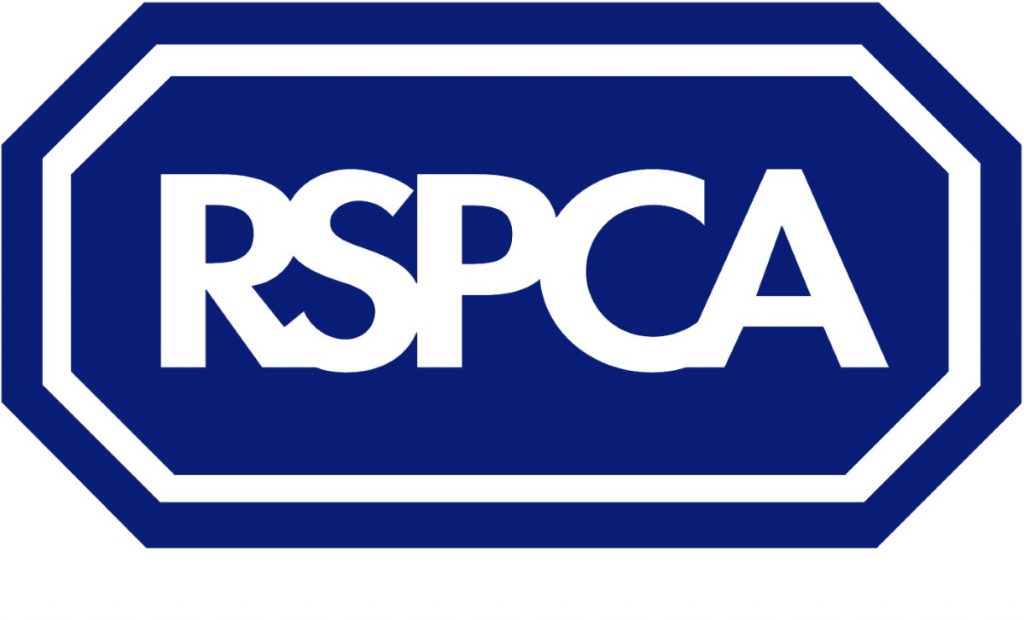Over 4 million lab animals used in the UK last year – but for what?
Today (Thursday 10 July), the Government announced that the number of scientific procedures carried out on animals in the UK rose once again (by 0.3%, or +11,600) during 2013 and now stands at 4.12 million.
In total, there were 4.02 million animals used for the first time during 2013 – a slight fall from the 2012 figure.*
Compared with 2012, the statistics for 2013 show:
? A further increase (6%) in the breeding of genetically altered animals (mainly mice and zebrafish).
? 107% increase in procedures involving guinea pigs (up by 13,602).
? 7% more procedures involving non-human primates (up by 216).
? 11% more dogs used (up by 340).
? 11% fall in numbers of procedures carried out on animals for fundamental biological research.
RSPCA chief scientific officer Dr Maggy Jennings said: “It is depressing to see no sign of an end to this upward trend in the number of scientific procedures being carried out using animals, at a time when the validity of animal experiments and the quality of the science is being criticised as never before.”
Increasing numbers of scientific papers are describing a lack of ‘translatability’ of animal research to human patients, as well as widespread poor practice in the design, analysis and reporting of animal experiments.
Maggy said: “Given the serious doubts about many aspects of animal research and testing, you have to question just how much of this research is really necessary. How many thousands of these animals have lived, suffered and died for no real benefit?”
The UK Coalition Government has published a Delivery Plan to ‘reduce the use of animals in scientific research’, and the RSPCA has welcomed many aspects of the proposed programme. However, the Delivery Plan does not have a focus on critically reviewing and improving current systems for assessing the necessity of, and justification for, animal use. The RSPCA believes that this is a very serious omission.
Maggy said: “It is time for the Government and scientific community to publicly acknowledge the fundamental issues with the scientific validity and quality of much animal use – and to tackle these head on instead of continually banging on about the potential benefits and then carrying on regardless. Every animal who is wasted in poor science is one animal too many.”
*animals reused from previous years are not included in this figure so the overall figure will be slightly higher).
Notes to editors
1. The Coalition Delivery Plan – Working to Reduce the Use of Animals in Scientific Research – is available at: http://tinyurl.com/o7awrsc
2. For some freely accessible examples of peer-reviewed scientific publications on poor translatability and scientific quality, see:
? Survey of the Quality of Experimental Design, Statistical Analysis and Reporting of Research Using Animals.Kilkenny C et al. (2009) PLoS ONE 4(11) http://www.plosone.org/article/info%3Adoi%2F10.1371%2Fjournal.pone.0007824
? Can Animal Models of Disease Reliably Inform Human Studies? van der Worp et al. (2010) PLoS Med 7(3) http://www.plosmedicine.org/article/info:doi/10.1371/journal.pmed.1000245
? Publication Bias in Reports of Animal Stroke Studies Leads to Major Overstatement of Efficacy. Sena ES et al. (2010) PLoS Biol 8(3) http://www.plosbiology.org/article/info:doi/10.1371/journal.pbio.1000344
? The Need for Randomization in Animal Trials: An Overview of Systematic Reviews. Hirst JA et al. (2014) PLoS ONE 9(6) http://www.plosone.org/article/info:doi/10.1371/journal.pone.0098856
RSPCA, Wilberforce Way, Southwater, Horsham, West Sussex RH13 9RS
Press office direct lines: 0300 123 0244/0288 Fax: 0303 123 0099
Duty press officer (evenings and weekends) Tel 07825 158490
Email: press@rspca.org.uk Website: www.rspca.org.uk





-01.png)